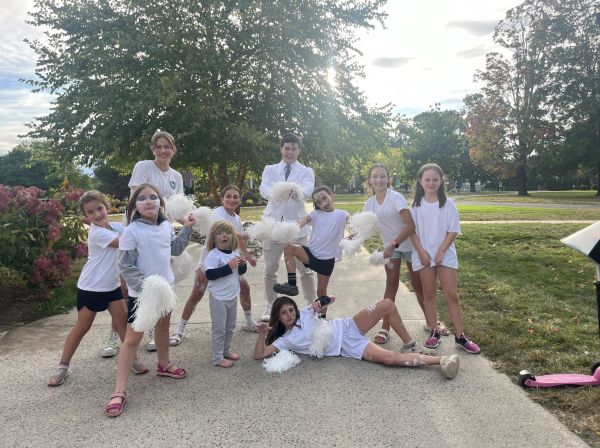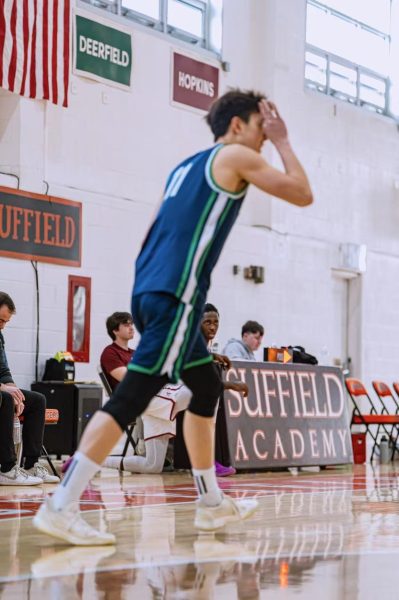Cornell Says “No” to Trigger Warnings
An Ivy League School is giving a hard no to trigger warnings.
In March 2023, a Cornell sophomore Claire Ting was reading ” The Surrendered” by Chang-Rae Lee for her Korean Literature Class, which includes a graphic rape scene. The woman felt uneasy reading this since her friend just attended a hearing against someone who she said had sexually assaulted her. Ting decided that her friend deserved a trigger warning before reading the related content in class.
However, her resolution urging teachers to provide trigger warnings on content that includes self harm, sexual assault, and violence was vetoed by the university President.
According to the New York Times, Martha E. Pollack, the University President, explained her veto in a letter with the University provost.
“We cannot accept this resolution as the actions it recommends would infringe on our core commitment to academic freedom and freedom of inquiry, and are at odds with the goals of a Cornell education,” she wrote.
The school believed Ting’s proposal violated the academic freedom that college education should uphold.
Professor Amna Khalid from Carleton College addressed her concerns regarding the students’ resolution. She believes most students learn the best when they step out of their comfort zones.
“Sometimes that requires surprising them and challenging them in ways that are uncomfortable,” she told the Times. “It diminishes the learning experience for students if professors hedge themselves.”
At Williston, English Teacher Sarah Sawyer agrees with Khalid’s insights but sees why the students might feel the uneasiness as well.
“We live in a time that is uncomfortable, with all these changes going on the world, and reading in a class would be a way for people to locate their discomfort,” she explained.
Sawyer further explained how entering the world of literature, it is inevitable students are going to encounter challenging material, which requires them to be vulnerable.
“But literature is often driven by conflicts, bad experiences, and unhappiness,” she continued. “We don’t want any student to feel hurt, but we also need to keep in mind that being uncomfortable is not the same as being unsafe.”
Thomas Johnson, the Head of the History and Global Studies Department at Williston, states that he could understand both the students’ side and the teachers’ side. He believes trigger warnings are more worthy to be brought up in high schools than colleges.
“I have sympathy for both sides and it is a tough issue, but more for this situation in university than high school since college students are more mature,” Johnson said. “And I agree that life does not give trigger warnings, which is something college students should try to keep in mind.”
However, Johnson said he would use trigger warnings in class, specifically when the content could be triggering to a particular group. For example, Johnson says he gives Black students a chance to opt out of the Harkness discussion on the Atlantic slave trade in his AP World History class.
Apart from the teachers’ perspectives, Williston students maintain their opinions on the use of trigger warnings. Students in AP Literature explained how trigger warnings could be helpful in classes and discussions.
Senior AP English Literature student Katherine Kang said, “In an academic setting, I do think content warnings are important, as they allow students to discuss challenging topics in depth, knowing the conversations will not always be comfortable.”
Another Senior AP Literature student, Lauren Yee, draws on similar insights.
“People would feel safer and more comfortable with the material if they were warned of potentially triggering topics,” Lauren said.
AP Psychology Teacher Tyla Taylor agrees with the students’ voices. She also believes trigger warnings could help students learn in certain ways.
“When people are triggered, they can’t concentrate or learn because it feels like there is a threat in the system,” she responded. “And I believe trigger warnings can be helpful to prevent that threat.”












